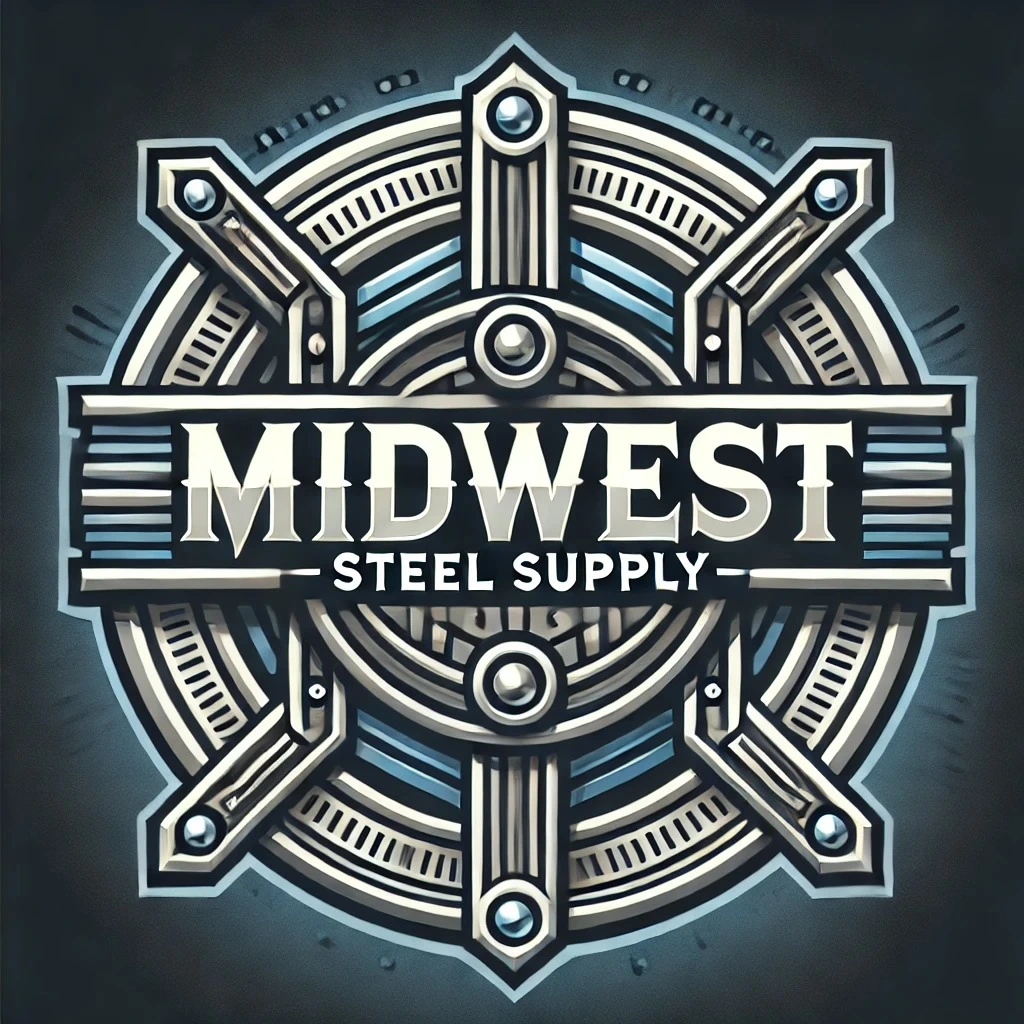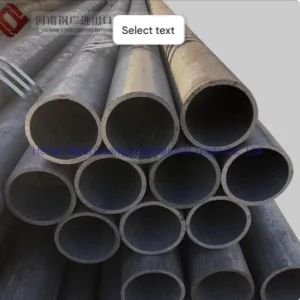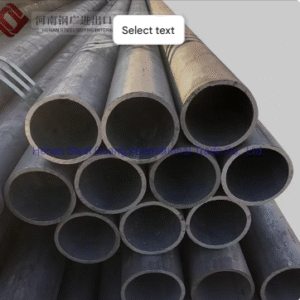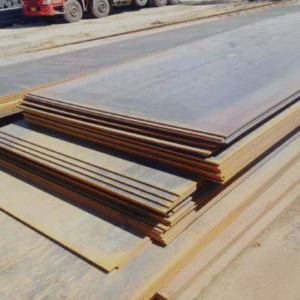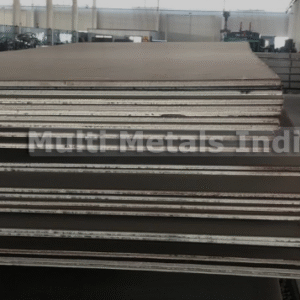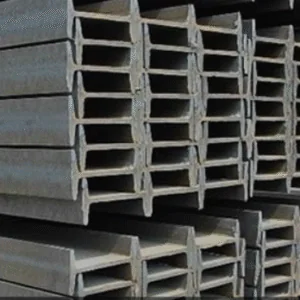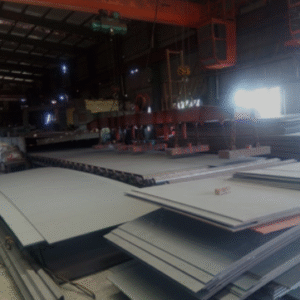Steel Tulsa: The Backbone of Modern Construction and Industry
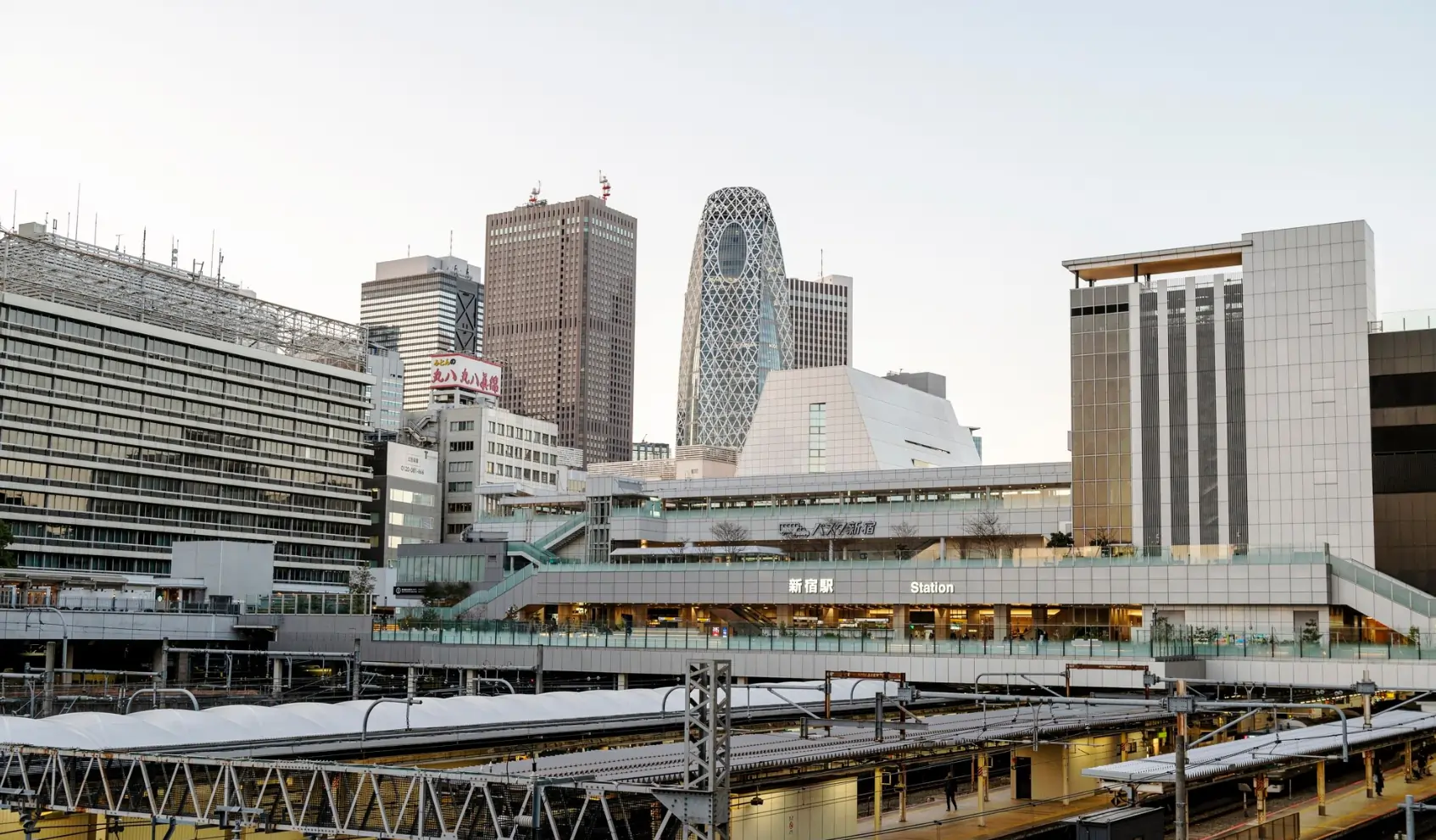
Steel has been the heart of modern construction and industry, and indeed this holds in the case of Tulsa, Oklahoma, with Steel Tulsa playing a crucial role in supporting the city’s vibrant infrastructure and its manufacturing and economic development.
Steel is one of the most versatile, strong, and durable materials used for countless applications. From skyscrapers and bridges to factories and pipelines, it’s behind it all and forms the backbone of Tulsa’s development and industrial landscape.
The Importance of Steel in Tulsa’s Construction Sector
Tulsa’s skyline and infrastructure have seen remarkable growth over the decades, thanks in large part to the use of high-quality steel. Construction companies in the city rely heavily on steel for various reasons:
- Strength and Durability: Steel provides unmatched strength and longevity, making it ideal for structures that must withstand natural elements and heavy loads.
- Design Flexibility: Steel’s malleability allows architects and engineers to create innovative and complex designs that are both aesthetically pleasing and structurally sound.
- Cost-Effective: Due to its durability and recyclability, steel proves to be a cost-effective option for large-scale construction projects.
Major construction projects in Tulsa, including commercial buildings, bridges, and stadiums, use steel to ensure stability and longevity. The material’s ability to support vast spans without the need for numerous columns makes it invaluable for creating open and functional spaces.
Steel in Tulsa’s Manufacturing Industry
Manufacturing is an important sector for the local economy of Tulsa. Steel is, in fact, the backbone of the industrial processes used in many such manufacturing sectors, whether it be machinery and equipment or the fabrication of components in the energy sector.
- Oil and Gas Industry: Given Oklahoma’s prominence in the oil and gas sector, Tulsa manufacturers produce pipelines, drilling equipment, and storage tanks, all of which rely heavily on steel.
- Aerospace Manufacturing: Tulsa’s aerospace industry uses steel for aircraft components due to its strength-to-weight ratio and resistance to extreme conditions.
- Automotive Sector: Steel remains a key material for automotive manufacturing, contributing to the production of chassis, frames, and other critical components.
The versatility of steel ensures that it remains indispensable to manufacturing processes, driving innovation and growth across industries.
Steel Supply Chain in Tulsa
The availability of reliable steel suppliers is crucial for sustaining Tulsa’s construction and industrial activities. Several steel distributors and fabricators in the city provide high-quality products to meet the diverse needs of businesses and contractors.
- Local Steel Suppliers: Tulsa is home to a network of reputable steel suppliers who provide raw materials, custom steel fabrication, and specialized products.
- Fabrication Services: Steel fabricators in Tulsa offer cutting, welding, and assembly services, enabling customized solutions for complex projects.
- Sustainability Practices: Many suppliers are adopting eco-friendly practices by sourcing recycled steel and minimizing waste during fabrication processes.
These suppliers and fabricators play a vital role in ensuring that projects are completed on time and meet stringent quality standards.
Sustainability and Innovation in Steel
As industries increasingly prioritize sustainability, the steel sector in Tulsa is evolving to meet environmental challenges. Steel is inherently recyclable, making it a sustainable choice for construction and manufacturing. Innovations in steel production are further enhancing its eco-friendliness.
- Recycling: Steel can be recycled indefinitely without losing its properties. Many construction and manufacturing projects in Tulsa incorporate recycled steel.
- Energy Efficiency: Advances in steel production technology are reducing energy consumption and carbon emissions.
- Green Building Certifications: The use of sustainable steel contributes to achieving certifications such as LEED (Leadership in Energy and Environmental Design) for construction projects.
These efforts underscore the commitment of Tulsa’s steel industry to environmental stewardship.
The Future of Steel in Tulsa
The future of steel in Tulsa looks promising as the city continues to grow and diversify its economy. Several trends are shaping the future of the steel industry in Tulsa:
- Smart Construction: The integration of digital technologies, such as Building Information Modeling (BIM), is enhancing the efficiency and accuracy of steel-based construction projects.
- Advanced Manufacturing: Innovations such as 3D printing with steel are opening new possibilities for custom fabrication.
- Infrastructure Upgrades: As Tulsa invests in modernizing its infrastructure, the demand for high-quality steel products is expected to rise.
The steel industry’s adaptability and resilience ensure that it will remain a cornerstone of Tulsa’s development.
Conclusion
The role of steel is the backbone of modern construction and industry. Progress and innovation for the city rely on this substance. No one can do without it to construct a robust, dynamic future, as its strength, versatility, and sustainability have no substitute. As Tulsa develops and transforms itself, so does the importance of steel grow more, in providing support from giant skyscrapers to innovative processes in manufacturing.
Whether it is building a bridge that connects communities, manufacturing machinery for critical industries, or helping in sustainable building practices, steel is at the core of Tulsa’s journey toward progress and prosperity. With a strong steel supply chain, commitment to sustainability, and focus on innovation, Tulsa is well-positioned to continue thriving as a hub for construction and industry.
